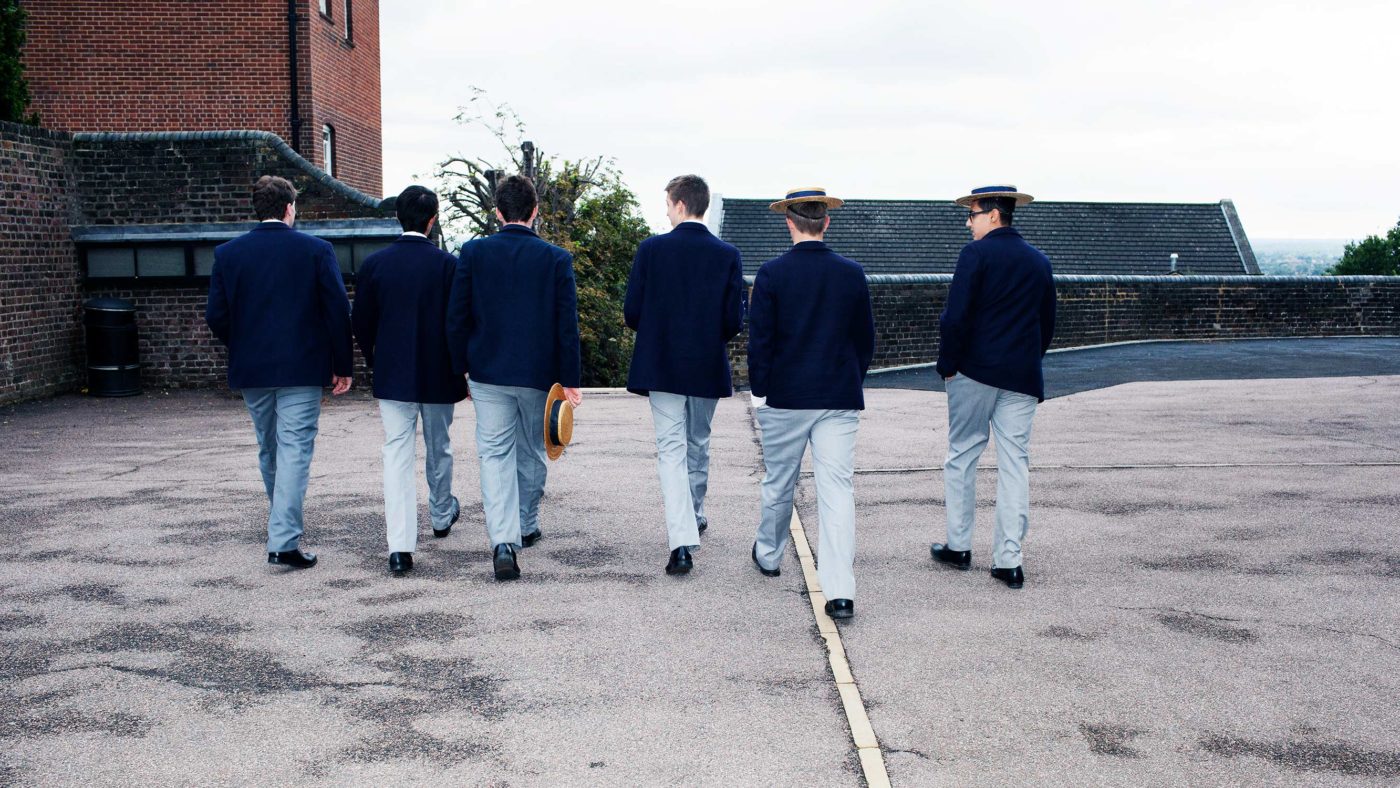This week, the Financial Times reported on the challenges thrust on the private education sector by the pandemic.
Foreign parents, previously prepared to pay top price to education their children at Britain’s top independent schools, are understandably holding back on booking places or seeking alternatives overseas.
Combined with the fact that such institutions have also often had to slash fees for domestic students because they’re studying at home, private schools have reportedly been closing at seven times the rate of a typical, pre-pandemic year.
There will be plenty of people disinclined to shed many tears – and not just on the left. In a previous piece, I looked at how Michael Gove’s vision for British education (still the most comprehensive the Conservatives have managed since 2010) seemed to take a dim view of private schools:
“Not for nothing did Michael Gove, the most energetic Tory education reformer of modern times, suggest that his preferred method of getting rid of independent schools would be to render the decision to pay for them “eccentric” because of the raised standards of state schools, and at least one private school has indeed since fought to get ‘nationalised’.”
But as I explained at the time, it would be a mistake for Tory education reformers to seek to do away with private education even by such benign means. Not only are many independent schools ancient and valuable national institutions in their own right, but it is also useful to have a yardstick outside the Secretary of State’s control by which various reforms to the state sector can be measured.
They are also an obvious vector for British soft power – it never hurts to have tomorrow’s elites educated here.
But that isn’t the same thing as leaving private schools out of the Conservative vision for education altogether. There is a case to be made that the Government could do more to help independent schools help themselves.
Over the past few decades, private education has gradually drifted out of the price range of much of the middle class. Professionals who might a generation or two ago have been able to comfortably afford school fees are now much less able to do so. No doubt part of the problem is that such schools are increasingly competing to educate the children of the global rich, a race that demands ever-better facilities and extra-curricular support and thus rising prices.
That’s how you get stories such as that of Major General Nick Welch, a senior Army officer who was court martialled for allegedly defrauding the taxpayer of tens of thousands of pounds because he couldn’t afford his children’s school fees, even on a £120,000 salary.
This isn’t great news for other parents, as it means these people are now competing for places at top state schools, buying their way into a good catchment area with the money they might otherwise have spent on fees.
But it isn’t good for the schools either. Abolishing private schools has always tended to be a policy confined to the crankish left – New Labour didn’t go near it – but post-Corbyn we need to accept that such people may be much closer to power than the right might like.
Nor is it difficult to imagine a future Labour government taking steps such as stripping private schools of charitable status. The Scottish Government has already indicated its intention to do this (doubtless motivated in part by private schools’ reputation north of the border as outposts of Britishness), although their plans have been delayed by the pandemic.
If the independent sector wants a secure future in Britain, it needs a broad base of support amongst the electorate. And the only way it can get that is educating more British children.
There are several ways it could do this. Successful schools could look at supporting sister schools on the low-cost, ‘no-frills’ model that has been piloted in some parts of the country. They could work nationally to expand the sort of support offered by the London Fee Assistance Consortium, and promote it more widely.
Alternatively, they could expand that principle into the system used by universities, and use premium fees for international pupils to subsidise more affordable rates for domestic pupils across the board.
Nor need the fact that we’re talking about private schools mean the state needs to stay completely out of the picture. One attempt at reimagining private schools from the left is the New School in Croydon, which hopes to make its no-fees model viable by building a partnership with the local authority.
Meanwhile there is one very good reason why the Government should be taking a more pro-active interest in private schools: it offers one of the few avenues for ministers to make British policy in education, a devolved area.
As I noted in my last piece, the powers granted to Westminster under the UK Internal Market Act are extremely extensive, and they explicitly cover “educational and training activities”. So far, the Government has announced that it intends to use this to ensure that the new Turing Scheme covers university placements and exchanges within the United Kingdom, as well as overseas.
But why confine it to universities? Under the auspices of Ukima, a revived Assisted Place Scheme (or Union Scholarships) could operate UK-wide. Indeed, the Government could go further and directly fund innovative schools such as Glasgow’s Newlands Junior College, shuttered in 2019 for want of support from Scotland’s educational establishment.
Private schools have an important role to play in a healthy, British education sector. The Secretary of State should ensure they’re not neglected when setting the Government’s post-pandemic policy.
Click here to subscribe to our daily briefing – the best pieces from CapX and across the web.
CapX depends on the generosity of its readers. If you value what we do, please consider making a donation.


